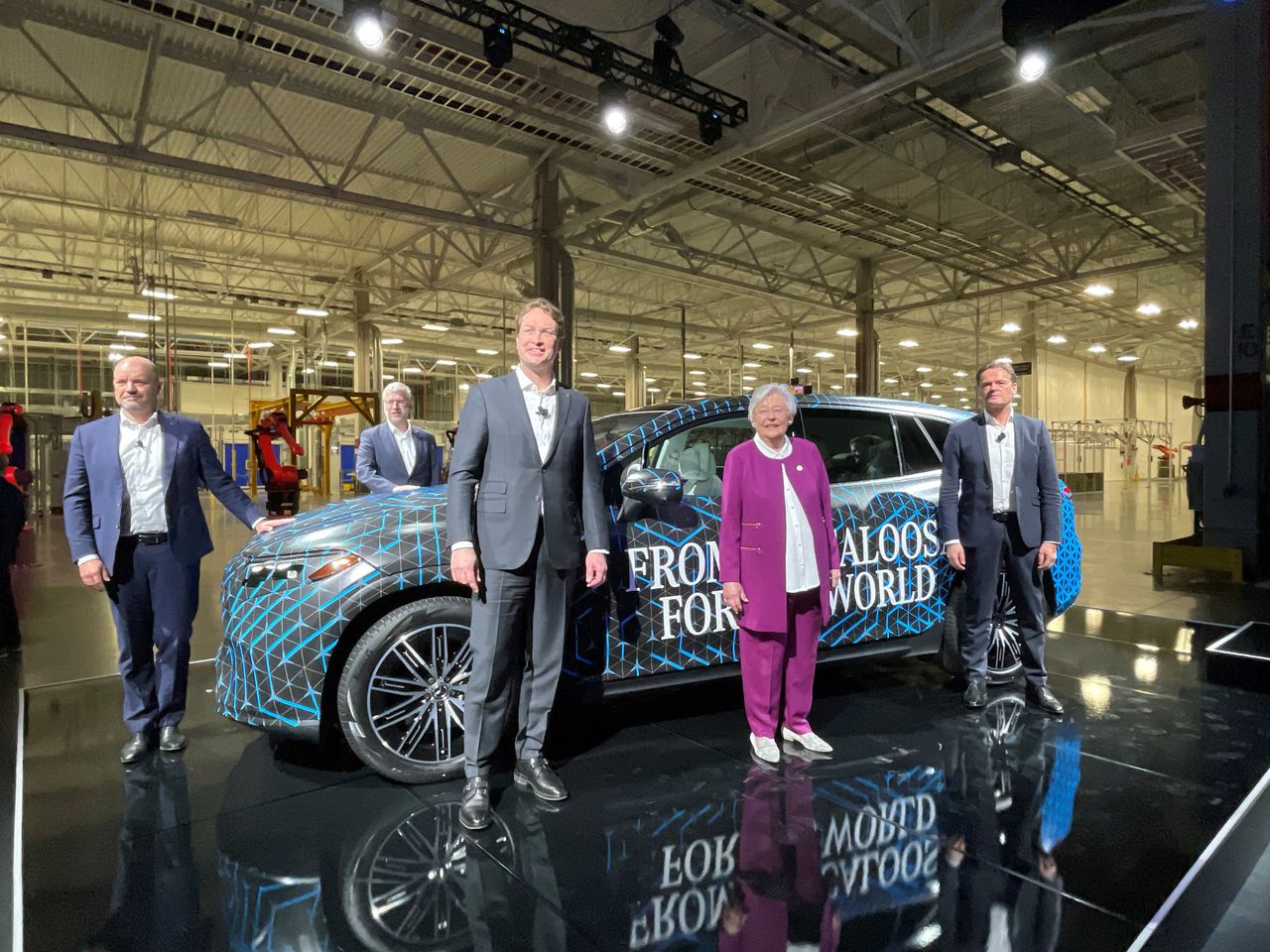Alabama among 12 states sharing $2.8 billion for electric vehicle batteries
Alabama is one of 12 states receiving $2.8 billion in grants in a new Biden Administration program to support the making of batteries for electric vehicles.
The “American Battery Materials Initiative” is aimed at a “reliable and sustainable supply of critical minerals used for power, electricity, and electric vehicles.”
The program is in line with a goal set by President Joe Biden of electric vehicles comprising half of all new vehicles sold being electric by the year 2030, and recent string of executive initiatives to speed charging stations and improve America’s supply of materials for batteries.
According to the U.S. Department of Energy, the battery initiative will expand domestic manufacturing of electric vehicle batteries and the electrical grid for 20 manufacturing and processing companies in Alabama, Georgia, Kentucky, Louisiana, Missouri, Nevada, New York, North Carolina, North Dakota, Ohio, Tennessee, and Washington.
U.S. officials in recent years have called attention to the lack of critical infrastructure for electric vehicles, as well as the control of graphite, a key component in lithium-ion batteries. Currently, the U.S. relies chiefly on graphite for batteries from China.
Among the grants announced today is $117 million for Anovion, to produce 35,000 tons a year of new synthetic graphite anode material for lithium-ion batteries used in electric vehicles.
The U.S.-owned and operated manufacturing plant in North Alabama will be the first of its size in North America, according to the department. The announcement did not say where the plant will be located.
Attempts to contact Anovion for more information were not immediately successful.
Anovion, in a news release, said the plant will be the first of its scale in North America, “creating hundreds of high-quality clean energy jobs in communities previously impacted by offshoring over the years.”
It will also support expansion of Anovion’s existing operation near Niagara Falls, which is the only qualified U.S. source of battery-grade synthetic graphite anode material.
Alabama is at the forefront of several projects involving electric vehicle batteries.
Construction began earlier this year on a $202 million graphite processing plant in Coosa County. In April, Westwater Resources and its subsidiary, Alabama Graphite Products, began building the plant in Kellyton, in the Lake Martin Regional Industrial Park off U.S. 280 near Alexander City.
It is expected to hire at least 100 people and be operational by the second quarter of next year. The plant will process raw graphite into about 7,500 metric tons of refined, battery-grade graphite each year, for use in batteries that power EVs, electronics and other products.
And in August, Mercedes-Benz began manufacturing electric SUVs at its Vance manufacturing plant, after opening its own electric battery factory in nearby Bibb County. The German automaker has a goal of going all-electric by 2030, as market conditions allow. In all, Mercedes has invested about $1 billion in its Alabama operations toward electric vehicles.
And this week, lithium-ion battery recycle Li-Cycle began operating its recycling facility in Tuscaloosa.
